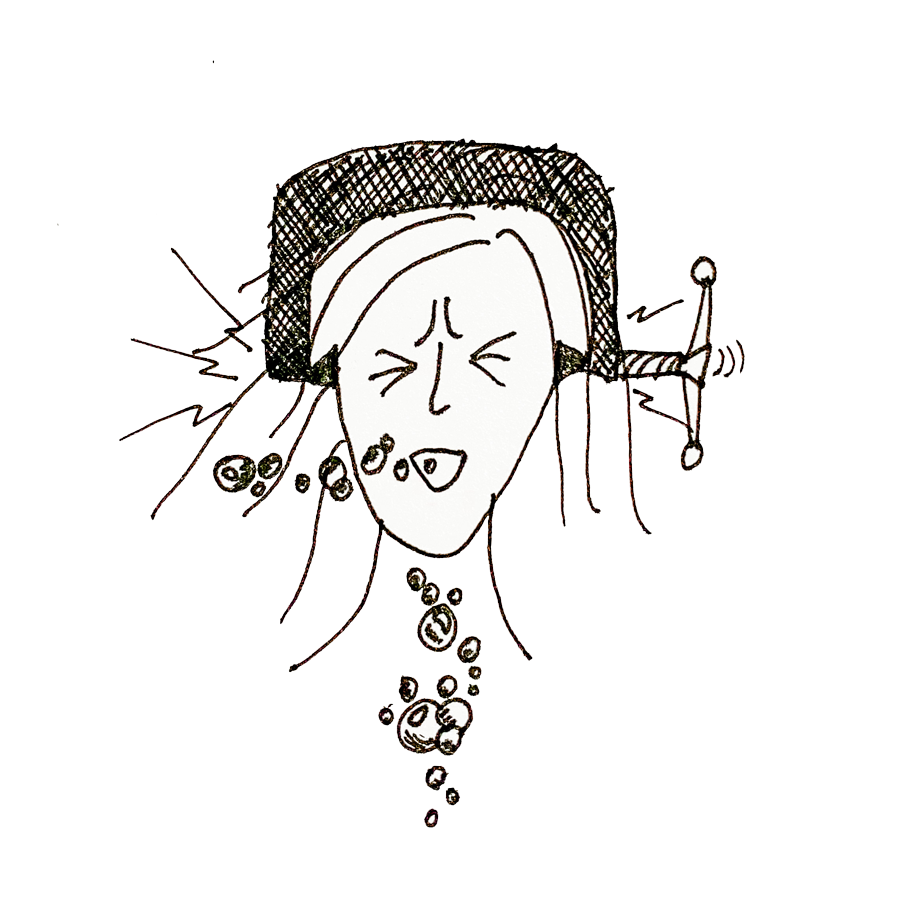Migraines and headaches

For the last three years, Covid long haulers have had to become their own advocates and researchers as they lobby for recognition, funding and proper healthcare. Their knowledge has been hard-won against a backdrop of sickness. They’ve pushed through symptoms that ravaged their previously able-bodies and become the experts of their own disease.
That is why we decided that all the symptoms on this website should be written by patients, for patients. As our co-founder Jenene Crossan says “They poured their hearts, their souls and their deep determination to find just enough energy to put their experiences down for others to benefit from”.
Although we do not intend to give medical advice, the articles have been fact-checked by a wonderful doctor who is suffering from Long Covid too.
About the author
I was in my mid-30s and travelling overseas with my family in July 2022. A family member developed mild symptoms, and I cared for them for three days before I tested positive. My case of Covid-19 was also mild, but we had the added challenge of isolating, with little local tautoko | support, in a hotel room overseas. We had contact with the New Zealand Ministry of Health contact tracing team, who were wonderful, but also could not āwhina | help much given we were not in New Zealand.
Covid-19 felt like I had caught a mild head cold, along with a sinus infection. I had a sinus headache in the front of my forehead, nasal congestion, a sore throat and a mild fever.
– Female, NZ European, Pōneke/Wellington
Most of those symptoms had gone within a week, but now I’m left with nasal congestion and a headache that comes and goes. I’m currently working reduced hours and have ongoing fatigue.

DISCLAIMER: THIS WEBSITE DOES NOT PROVIDE MEDICAL ADVICE
Content shared on this website is for informational purposes only. It should not be taken as a substitute for professional medical advice. Always seek the advice of a qualified healthcare professional regarding a medical condition, diagnosis or possible treatments. Long Covid Support Aotearoa is not liable for risks associated with using or acting upon the information provided on this website.
